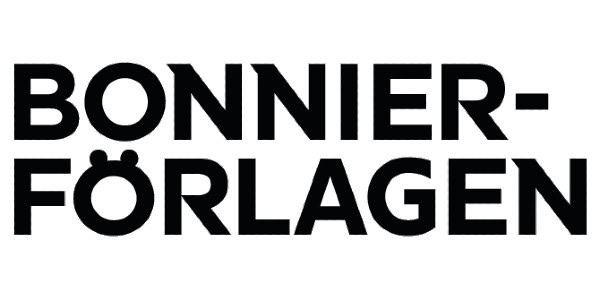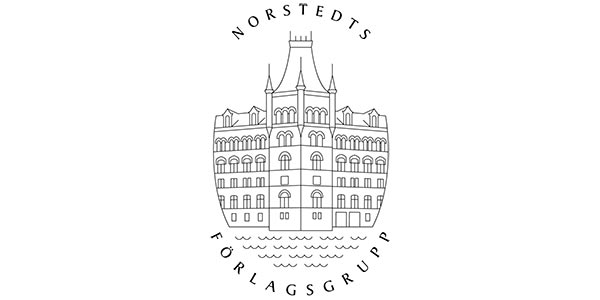
On childhood and the good will : thoughts on ethics and early childhood education

| Författare | |
|---|---|
| Förlag | Malmö Högskola |
| Genre | Pedagogik |
| Format | Häftad |
| Språk | Engelska |
| Antal sidor | 200 |
| Vikt | 403 gr |
| Utgiven | 2018-02-28 |
| SAB | Ea.01 |
| ISBN | 9789186295165 |
English abstract
The aim of this thesis is to critically examine how ethical principles are conceptualized and applied in educational contexts, focusing on the intersection of early childhood education and education for sustainable development. Its contribution to educational research in general, and to philosophy of education in particular, is to; first, discuss the presumed relation between ethical principles and individual actions and events, and to illustrate how this connection frames the understanding and application of ethics in educational situations. Second, it is to problematize the conditions for how the ethical framework is understood and applied by examining disturbances in the relation between ethical principles and its individualizations using a philosophy of immanent ethics as a conceptual framework. Education for sustainable development is targeted specifically as it offers some interesting examples of educational situations where children are working with ethical decision making and where ethical principles – manifested in the form of universal human rights – are commonly invoked. These examples are analyzed in terms of paradigmatic examples as they are taken to say something about the conditions for conceptualizing ethics in contemporary education. Looking at texts produced or commonly referred to within the discourse of education for sustainable development, the four articles of this thesis are looking to make visible some basic assumptions necessary for understanding and making sense of the examples looked at. The paradigmatic examples range from official documents on children’s rights to various forms of teaching materials produced within the discourse of education for sustainable development. The Kantian concept of the good will is identified as a useful way of describing the imagined link between principles and actions, facilitating the general understanding of the process whereby children are anticipated to make good ethical decisions in educational situations. The concept of the good will is, in turn, dependent on some form of transcendent ethics where ethical principles are presumed to exist independent of historical and social changes. Through the concept of immanent ethics, the presumed stability of the relation between principles and actions is scrutinized and destabilized. This is so as it introduces intrinsic dimensions of change and particularity into the overarching ethical scheme. Without the seemingly stable guarantors of universally valid ethical principles, the educational aspects of ethics appear to take on new characteristics, demanding the construction of new problems and the formulation of new questions regarding the relation between ethics and education.























